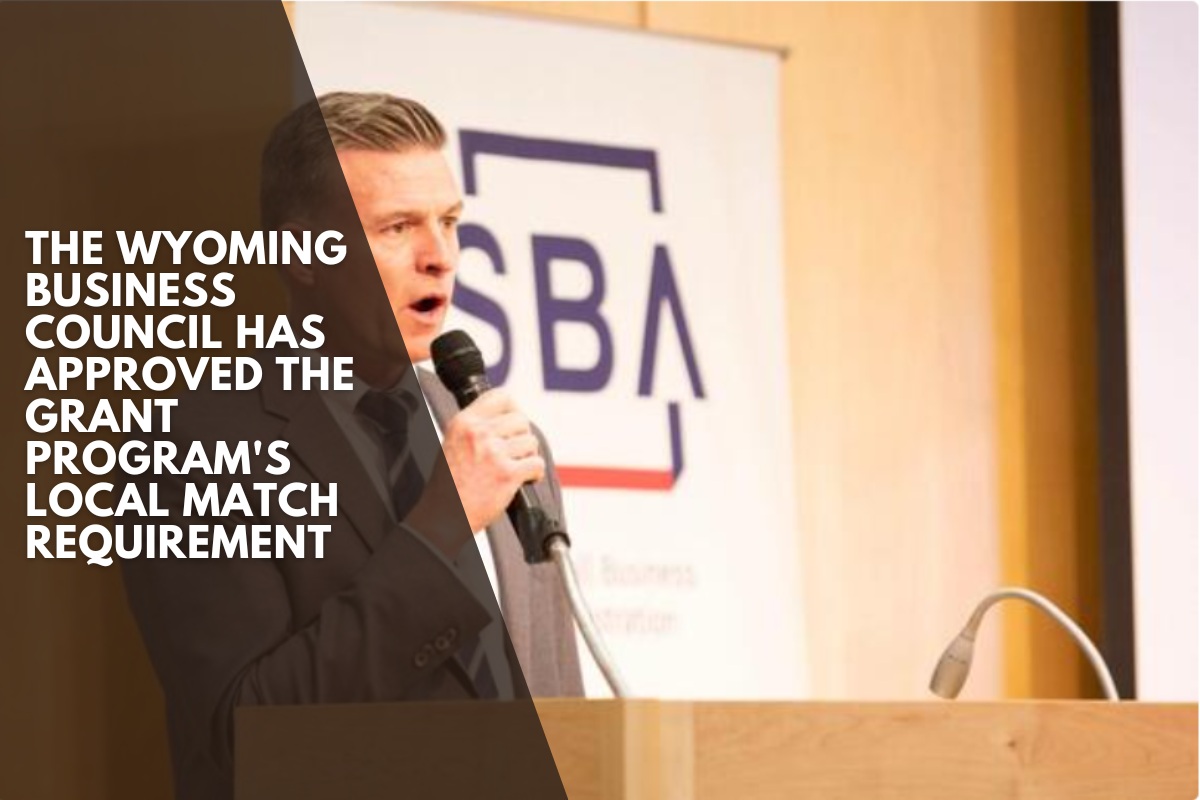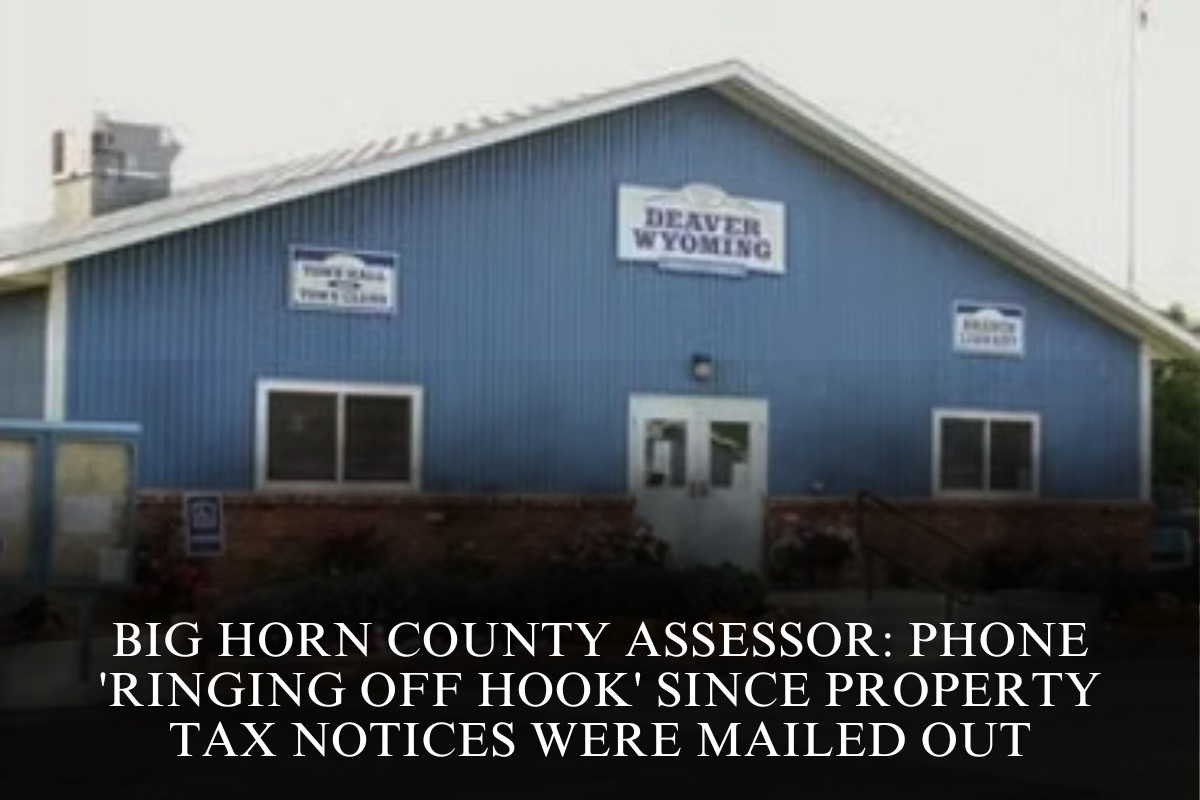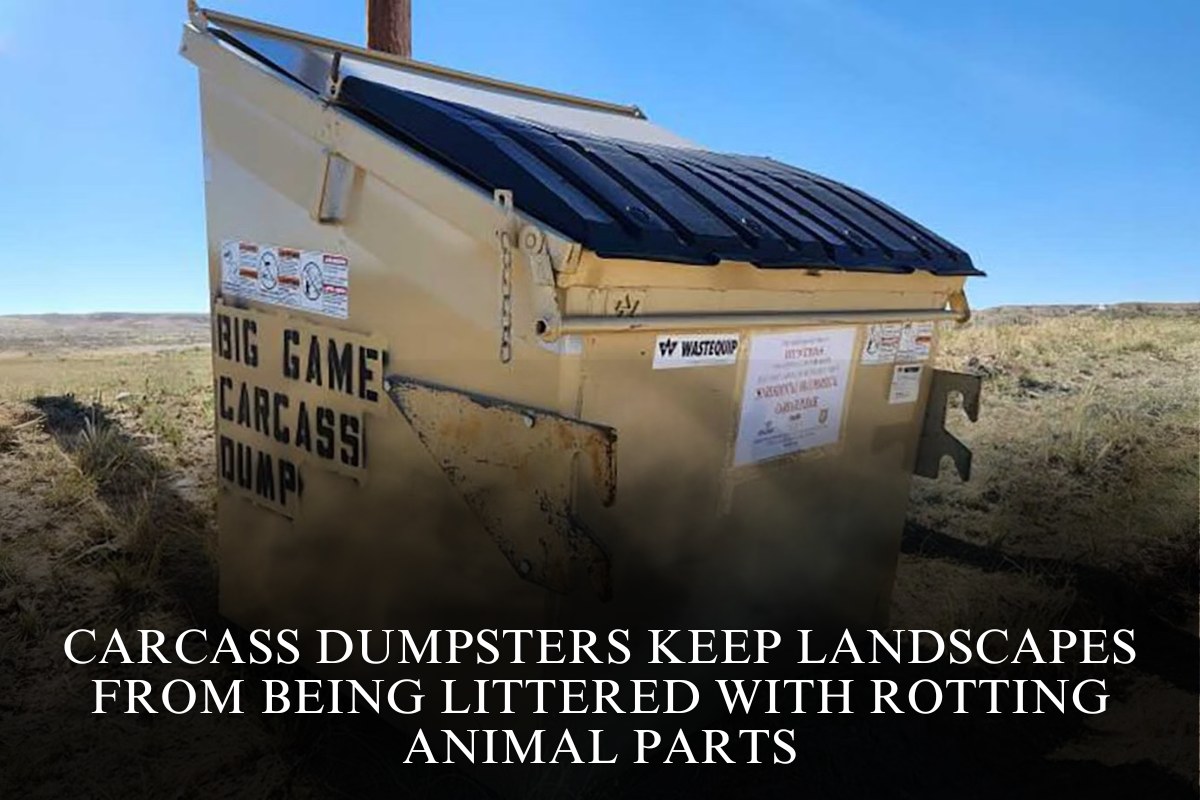SHERIDAN — The Wyoming Business Council Board of Directors has approved a rule change requiring local communities to provide a 25% match for economic development projects funded by one of the state’s longstanding grant and loan programs.
The WBC board voted to make the change at a meeting in Sheridan on Wednesday, but Gov. Mark Gordon has up to 75 days to sign them.
In May, the WBC Board approved draft rule changes to its Business Ready Community grant and loan program, which has been funding economic development projects for over 20 years.
The WBC’s program rule changes are “intended to better align with the Council’s mission of reversing economic decline and building strong, self-reliant communities.”
After receiving Gordon’s preliminary approval to proceed with the process, the board conducted a 45-day public comment period that ended in late July.
A panel of lawmakers voted against the change this summer, but the WBC has the authority to make its own rules. The new rules also make significant changes to the categorization of projects in Wyoming communities.
According to WBC Grants Portfolio Manager Noelle Reed, the agency has revised its rules since 2020, but this proposal has received the most feedback of any.
“We really did want to hear from the communities (and) local economic developers on what our proposed revisions are, and how they could affect them,” Reed told the Board of Directors this week. “We ended up receiving 57 comments, which is more comments than we’ve ever received when we’ve done a BRC rules revision.”
In a review of the major themes found throughout public comment, Reed told the board that a number of commenters expressed concern that the proposed 25% minimum match would “disproportionately hinder smaller and rural communities, as well as those facing declining property taxes and limited funding options.”
“We understand these concerns, as well as the fact that many communities, large and small, do not always have enough cash to cover this level of match. However, there are several options built into the rules to address those concerns,” Reed explained.
The rule change includes a grant match waiver option, which allows the board to waive the required 25% match in “extraordinary circumstances,” lowering the acceptable match for specific projects, Reed explained.
Ryan Lance, a Business Council Board Member, inquired about the criteria used to reduce or eliminate a match requirement. Reed explained that the amended rules simply state “under extraordinary circumstances.”
“That is not necessarily defined, because extraordinary circumstances could arise from a variety of sources. We would look at extraordinarily high taxes that could result from a project, or the number of jobs and their wages, which are much higher than what we usually see,” Reed explained. “Those are the types of things I think we would look at as a circumstance of why we would ask the board to waive those specific (match).”
Lance expressed hope for a more robust definition.
“I think … what we mean as an extraordinary circumstance (should be defined) because the more we stray from a (match) requirement, the higher likelihood that we are going to see that more and more,” said Lance.
Reed explained that the new rules require only half of the 25% minimum match to be cash. In-kind matches of 12.5% will be accepted. Matches, she explained, can come from a variety of sources, including federal grants, other state grants, in-kind matches, land donations, business partners, and partner organizations.
“We really do not have an exclusion on where the match can come from,” Reed disclosed. “A strong application will use diverse and multiple-source funding.”
The goal of requiring communities to contribute a match for their own economic development projects is to encourage “larger projects that truly address significant barriers to growth,” Reed explained. The Business Council will continue to review and evaluate project applications based on their potential ROI to the community and the state, while keeping current budgets and timelines in mind.
Other commenters questioned the types of projects covered by the proposed rules, specifically “quality of life projects, affordable housing, start-up business support,” Reed said.
“We intentionally removed project types from proposed rules in order to focus on addressing barriers to growth, which will likely look different in every community,” she told me. “There is potential that a quality of life project or a housing project could be a barrier to economic growth, and if the data supports that, it is something we would consider.”
Other changes include allowing urban renewal agencies and downtown development authorities to act as applicants’ agents, as well as removing the once-a-year application limit.
The WBC will post updated guidelines online and hold informational sessions about the process with opportunities for questions and peer learning.
“We also received feedback on smaller, rural communities’ ability to collect data, identify growth barriers, and manage the grant process and report on progress. “We hear this feedback loud and clear,” Reed stated.
“We understand that we are raising the bar on what we are expecting from our communities, so we are also going to be raising our levels of service to match that,” she informed us.
The new rules must be posted on the Secretary of State’s website, and Gordon has 75 days to sign them. The new rules are expected to go into effect in December or January, pending signature.












